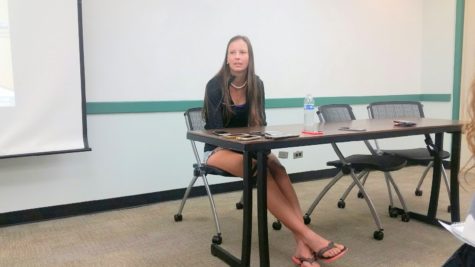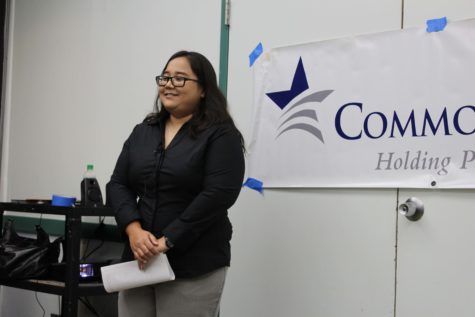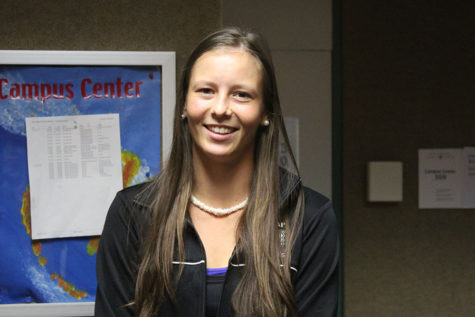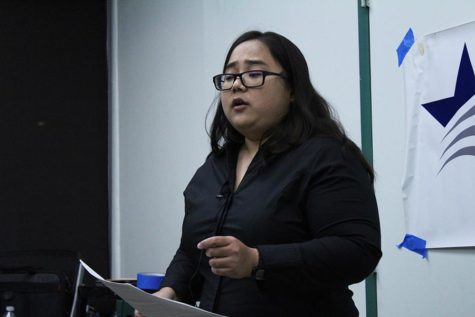Voting barriers will decrease via driver’s license registry
With the disappointing 34 percent voter turnout during the August primary election, it is essential that barriers hindering citizens from exercising their rights are eliminated.
A new proposal submitted by Common Cause Hawaii aims to increase the voting pool – one driver’s license at a time. House Bill 401, which failed this past session, would allow residents to register as voters when they apply for a license, an option that will be much more convenient for the average citizen.
Lawmakers must revisit this bill and pass the measure in order to decrease voting barriers.
Applying for a new or renewed license would allow a citizen to register as a voter, eliminating the need to submit a form via mail or visit the county clerk office; moreover, it also gives people the option to opt out of registering at the DMV.
The bill does not aim to replace all voting registration options; it simply proposes another method of registry. With the low turnout this past election, this gives voters another alternative to registering.
Although one does not need to be a U.S citizen to obtain a driver’s license, this system will require voters to present their birth certificate and social security card to prove U.S citizenship, eliminating the risk of allowing non-US citizens the ability to vote.
Corie Tanida, the Executive Director of Common Cause Hawaii, believes that the proposal will modernize Hawaii’s voting registration. She said, “With the passage of automatic voter registration, our state will have the opportunity to modernize our antiquated registration policies…reducing barriers to the ballot box.”
According to Common Cause Hawaii, other states that implement this method of registry show an increase of 90 percent of registry rate. While it is too early to determine if this way of registering correlates to a higher rate of voter turnout, it has the potential to rid voters of one obstacle in registering.
Ultimately, the measure aims to make registering to vote easier for eligible citizens. Citizens cannot vote if barriers stand in their way. If lawmakers do not pass this bill by the next session, people will still face difficulty in registering and cause the voter turnout numbers to remain the same — or worse, decrease. Citizens have the right to vote; if government does not attempt to lessen the number of boundaries its people faces, it would not be doing its job.






